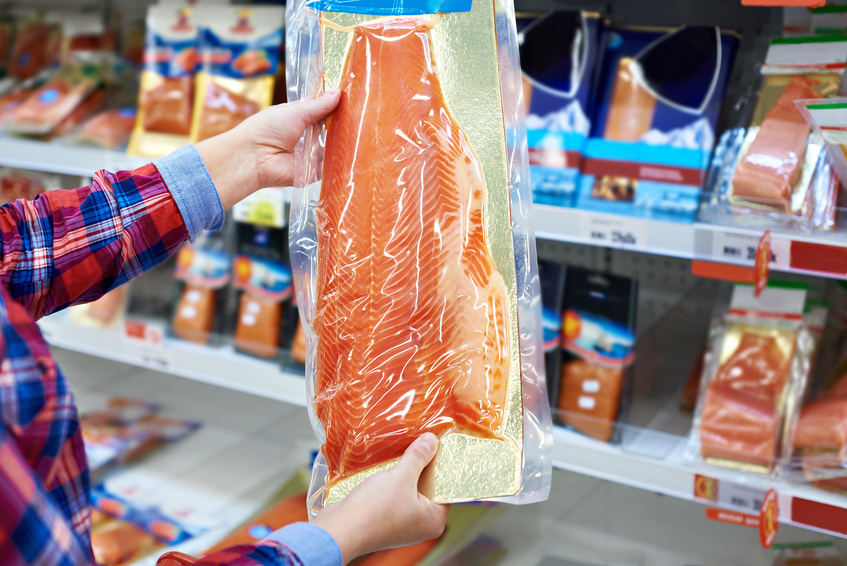
Genetically modified organisms (GMOs or GM foods) are beginning to become a normality in the Western consumer’s diet. Estimates show that as much as 80 per cent of packaged foods in the U.S. contain genetically modified ingredients and in 2015, 92 per cent of all corn, 94 per cent of all soybeans and 94 per cent of all cotton grown in the U.S. were genetically modified strains. The specific figures regarding Canada’s adoption of GMO crops aren’t readily available, but recently Canada’s food quality control agents have approved GMO salmon to be sold in Canada.
Read on to discover more about the process of GMO approval and the new salmon hitting store shelves soon.
What Food Quality Control Agents Need to Know About the New Super-Salmon
Perhaps the first question to ask is; why exactly does the world need GM salmon? Well, AquaBounty, the company that produces this new super-salmon, explains that the global demand for animal protein will be about 20 million tonnes per year by 2020. As a result, finding ways to grow that animal protein quickly is an important challenge for experts working in the food industry.
The genetically modified salmon was designed by Dr. Garth Fletcher. He and a team of researchers from the Memorial University of Newfoundland discovered how to integrate a gene from a Chinook salmon with the genes of an Atlantic salmon to produce a new variety, which grows to a consumption-ready size in half the time of conventional salmon—18 months instead of 3 years.

The new salmon can grow to a consumption-ready size in half the time as a regular salmon
A Brief Overview of GMO Products in Canada for Students in Food Technology Training
As professionals with food technology training know, the experimentation with and use of genetically modified plants, organisms, and animals has been on the rise for a few decades now. While there has been ample controversy surrounding the development and use of GMOs in Canada, Health Canada maintains that changing the genes of plants and animals can indeed improve food quality and production. GMOs can benefit farmers, consumers, and the earth by making crops resistant to drought, preventing bruising and also—as this salmon shows—allowing foods to be grown much faster than their conventional counterparts. Health Canada explains that “GM foods are becoming more common every day and are part of the regular diets of Canadians. GM foods that have been approved by Health Canada have been consumed in Canada for many years, and are safe and nutritious.”
Food Quality Control Professionals Carefully Review GMO Foods
Food quality control agents in Canada have strict guidelines for how GMOs are assessed. According to the Government of Canada, there are very clear and rigid guidelines to ensure the safety of GMO foods. Health Canada explains that they conduct comprehensive assessments of any food that is GMO to determine if the food is as nutritious and safe as foods already in the Canadian marketplace.
According to Health Canada’s assessment of the newest GMO addition to the grocery store, GMO salmon, is “as safe and nutritious for humans and livestock as conventional salmon.” The salmon feed eaten by the GM salmon was also reviewed by the Canadian Food Inspection Agency’s (CFIA) Animal Feed Division, which found that the feed used was as good as feed used for regular salmon. Food quality control agents in Canada carefully review all aspects of a new food before it’s approved, and with the right training, you can join this rewarding profession and work in regulatory affairs as well.
GMO products, especially animal products, have been a source of controversy in the Western world for quite some time now, but Health Canada’s food quality control processes are some of the best in the world. Does this new GM salmon pose a fishy precedent, or offer a new nutritious source of food? According to food quality control experts and Health Canada, the future looks bright for GM salmon.
Want to discover how food technology courses can lead to a career in helping keep Canada’s food supply safe and nutritious?
Contact an advisor today to discover more!



